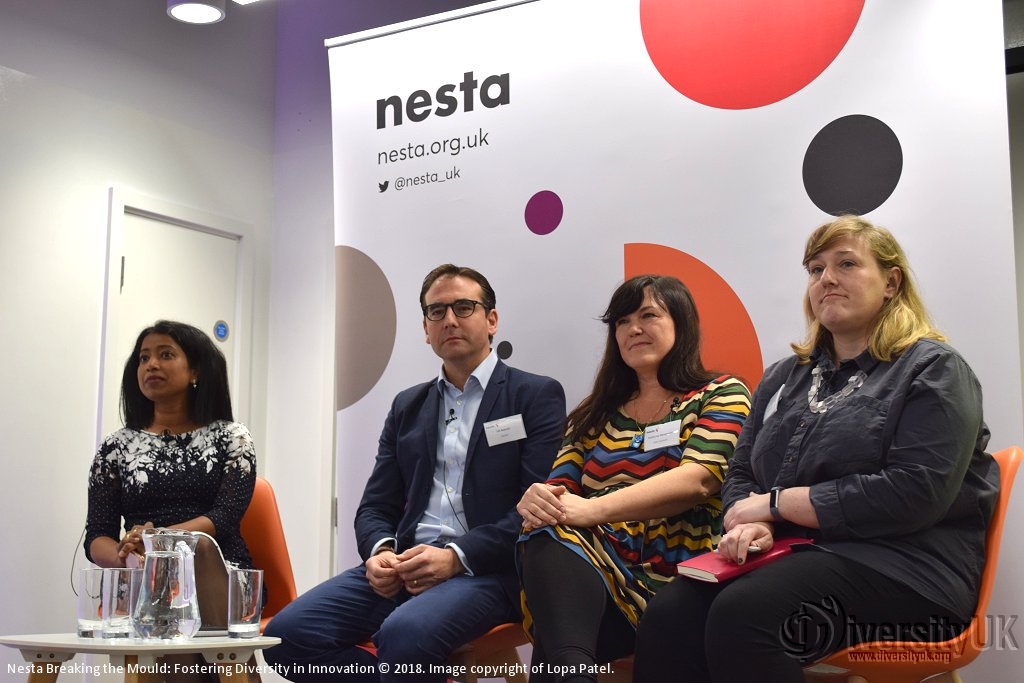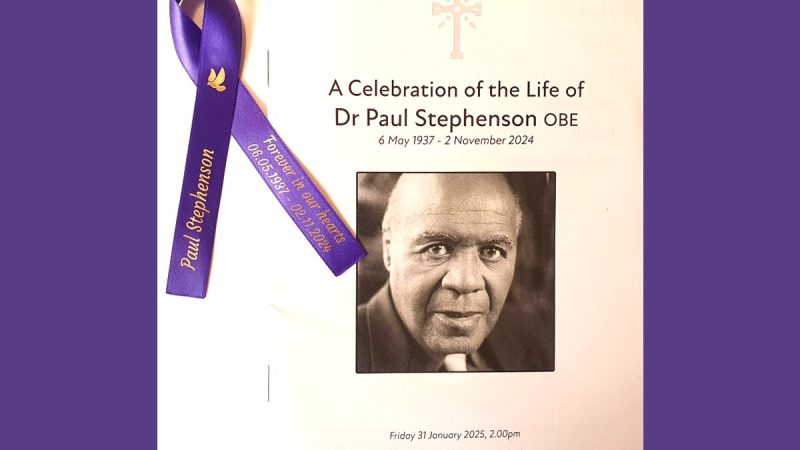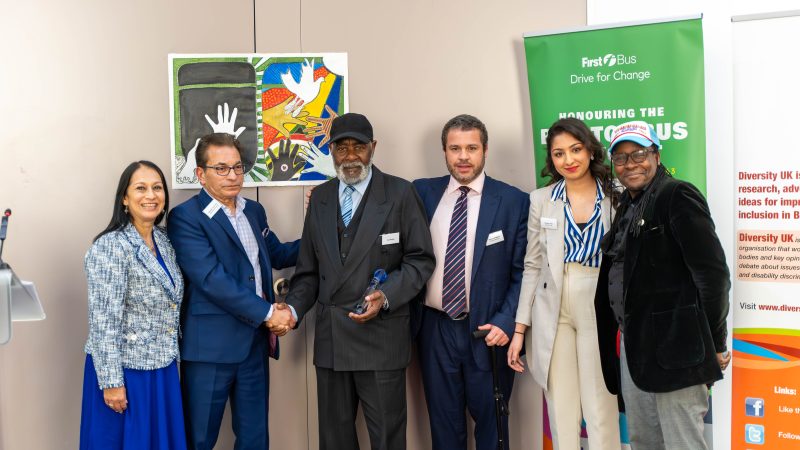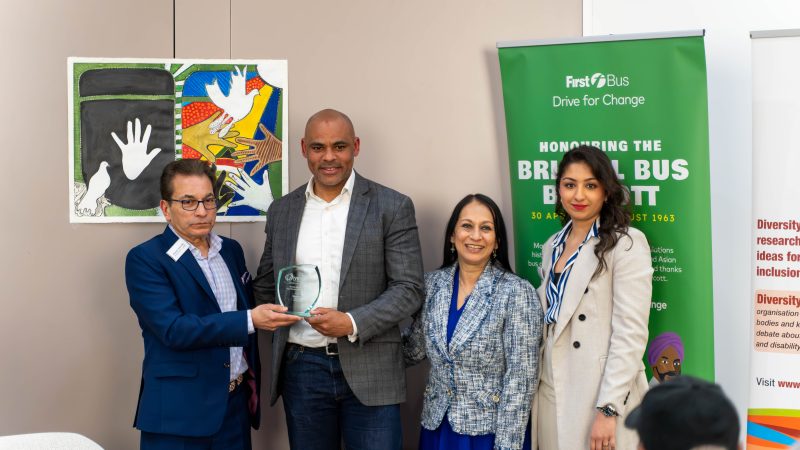Nesta: Fostering Diversity in Innovation

On 5th November 2018, Nesta hosted a panel debate ‘Breaking the Mould: Fostering Diversity in Innovation’ to discuss ways to support young people from diverse backgrounds to become innovators. Bringing together policymakers, academics, practitioners and school leaders to hear about Nesta’s research on this topic and discuss the way forward towards a UK innovation landscape that truly reflects the diversity and skills of our society.
Inventors and innovators create the new products and services that improve lives. But they come from a narrow section of society: typically, wealthy and white. In the UK, just 7% of patents filed between 1986 and 2016 name a woman as an inventor, while founders of innovative startups are overwhelmingly male.
So what can be done? Research by the US-based Equality of Opportunity Project has suggested that exposure to innovation in childhood has a significant effect on the likelihood of becoming an inventor later in life. There are already many organisations working on different parts of this agenda, from those aiming to improve diversity and inclusion in STEM careers to those promoting invention and entrepreneurship among disadvantaged young people.
Nesta convened the event to address three important questions:
- Can efforts and ideas across sectors be better coordinated?
- What new evidence is required?
- What roles could education and innovation policy play in supporting change?
Speakers at the event included John Van Reenen, Professor of Applied Economics at MIT; Louise Archer, Professor of Sociology of Education at UCL Institute of Education; Danielle Thibodeau, Co-founder of in2ScienceUK and Ndidi Okezie, Digital and Customer Voice Strategy, Pearson, among others.
About the speakers
John Van Reenen, Professor of Applied Economics at MIT. John is co-author of 'Who becomes an inventor in America?', published in 2017 by Opportunity Insights (formerly the Equality of Opportunity Project). The paper found large disparities in invention rates on gender, race and class lines, along with evidence to suggest that exposure to innovation (eg. growing up in an area of high invention rates, or having a parent who is an inventor) has a large impact on individuals' likelihood of becoming an inventor themselves.
For further information about the research visit https://opportunityinsights.org/paper/losteinsteins/
Louise Archer, Professor of Sociology of Education at UCL Institute of Education. Through her research into young people's science aspirations, Louise and her team developed the concept of science capital; this research has provided the basis for a science capital teaching approach, which has been trialled in English schools.
For further information about Science Capital visit:
Danielle Thibodeau, Co-founder of in2ScienceUK, an award-winning charity which helps young people from low-income backgrounds progress in STEM study and into careers.
Oli Barrett, Co-founder of the Tenner Challenge and serial entrepreneur. The Tenner Challenge is a national competition that aims to develop young people's enterprise skills and prepare them for the future world of work.
For further information about the event visit:
https://www.nesta.org.uk/event/breaking-mould-fostering-diversity-innovation/




